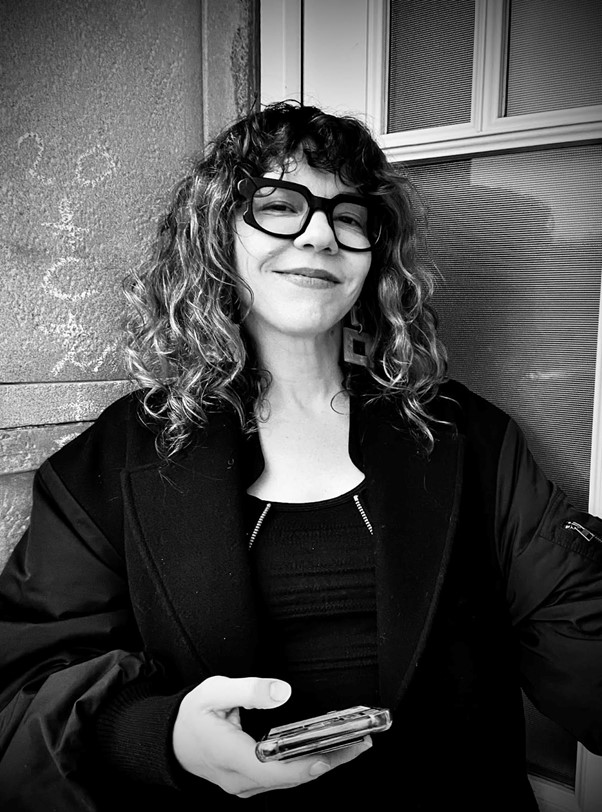Natalie Loveless is Professor of Contemporary Art and Theory in the Department of Art & Design, and Associate Dean, Equity, Diversity, and Inclusion at the University of Alberta (ᐊᒥᐢᑿᒌᐚᐢᑲᐦᐃᑲᐣ /Amiskwacîwâskahikan, Treaty Six territory and Métis Region 4), where she directs the Research-Creation and Social Justice CoLABoratory and co-leads the Faculty of Arts’ Signature Area in Research-Creation. She is a fellow of the Royal Society of Canada (College of New Scholars, Artists, and Scientists), the author of How to Make Art at the End of the World: A Manifesto for Research-Creation (Duke UP 2019), editor of Knowings and Knots: Methodologies and Ecologies in Research-Creation (University of Alberta Press 2019), co-editor of Responding to Site: The Performance Work of Marilyn Arsem (Intellect Press 2020), and the forthcoming Routledge Companion to Performance Art.
